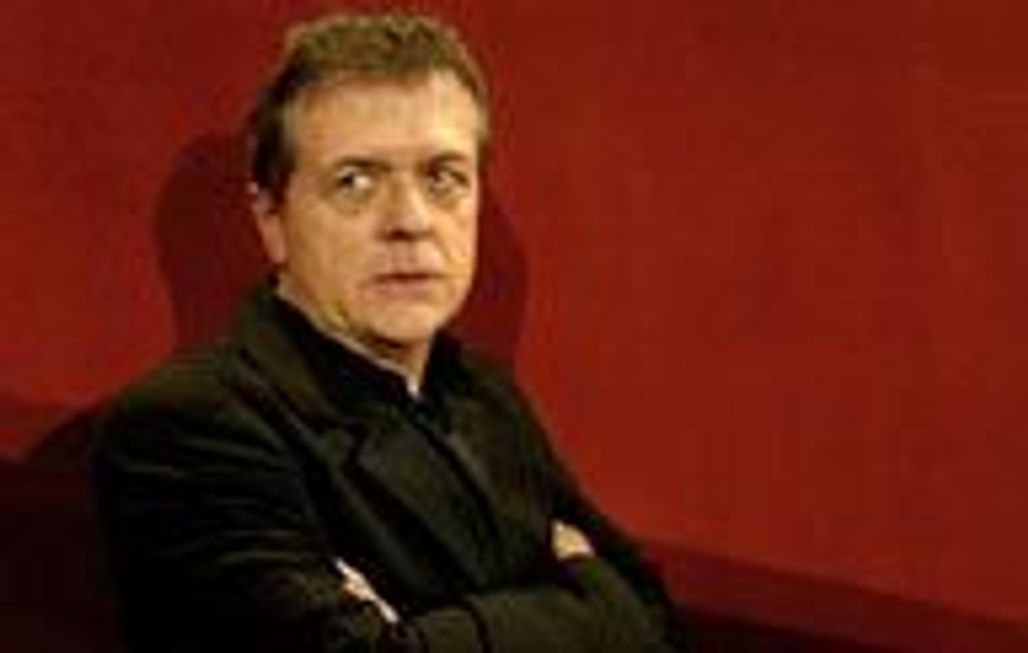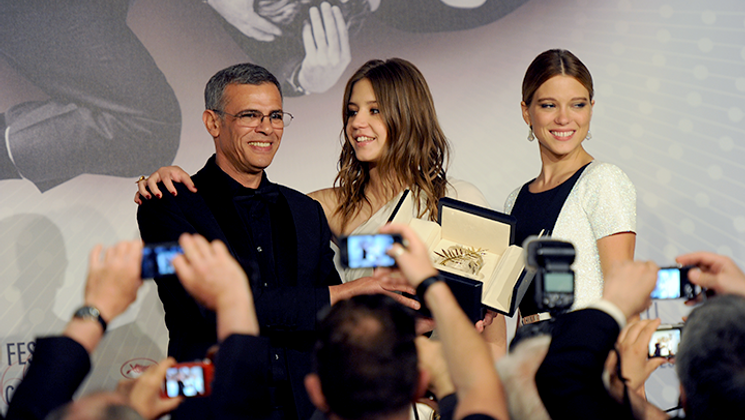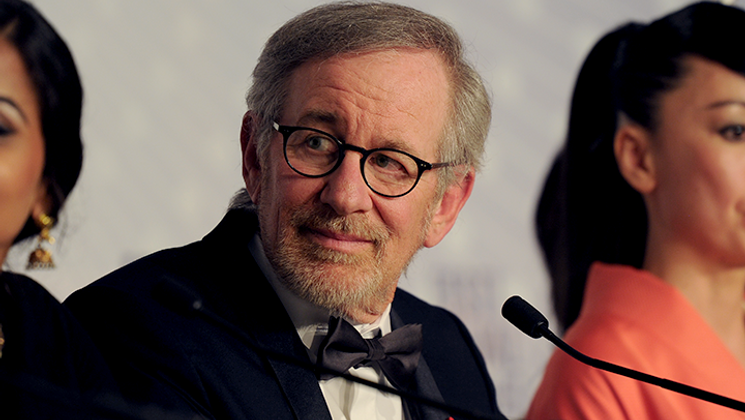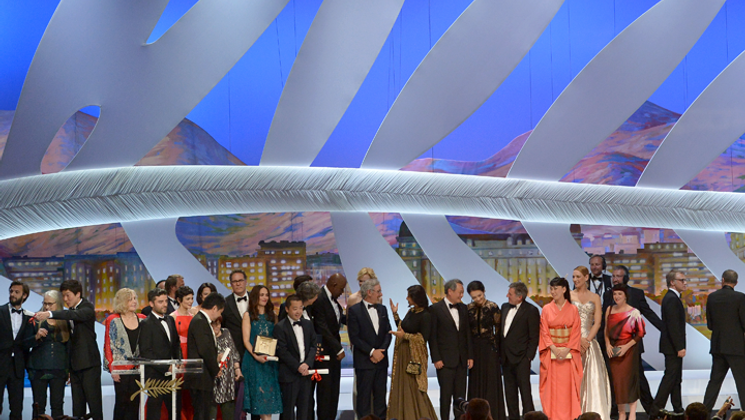
Patrice Chéreau, intensity and insight.

 |
| Patrice Chéreau, 2003 © AFP |
The immense man, demanding artist, fearless innovator and indefatigable lover of life that was Patrice Chéreau, passed away on 7th October. The worlds of the theatre, opera and cinema spoke out as one to express their emotion and admiration for this timeless master who saw the cinema as a “place of reality and life”.
“Patrice Chéreau, who has just left us prematurely, was not only an world-renowned opera, theatre and film director who left his mark on the times in which he lived. He was also a warrior. I got to know him when he presented his films in Competition at Cannes and when he presided the Jury in 2003. His zest, passion and conviction swept away everything in their path. With his actors and technicians who all adored him, he set the very highest standards – which he applied to himself first of all – but always with great courtesy. Making concessions was not his forte, and he always had to have the last word, because he simply knew he was right. But he also knew how to listen to actors and to those he respected. He could sometimes be as infantile in his demands as a child throwing a tantrum, but he was an “experienced” (Boulez) and experimental child, all the same. He sought and he found. His Wagner, Marivaux and Phèdre are among the milestones of contemporary theatre. He was a lifelong searcher in the cinema too, even if he sometimes had greater difficulty in imposing his choices in an art form in which time and therefore money are also obstacles. His world was a sombre one: lyriical and sordid (L’homme blessé), the Saint Bartholomew massacre (Queen Margot), a kidnapping (La Chair de l’orchidée), a burial (Those Who Love Me Can Take the Train), the quarrels, trials and tribulations of love (Gabrielle)… But the crudity of carnal love (Intimacy – perhaps his best film along with Those Who Love Me…) bore witness to the white-hot gaze of a true demiurge. Chéreau was a man of intensity and insight. His vivid and dynamic productions were a far cry from mere theatre played out on film. With his instincts and directing, his camera playing the part of an additional actor, and his penetrating observation of people and their surroundings, Chéreau set out each day without fail to reinvent the world.”
Gilles Jacob


